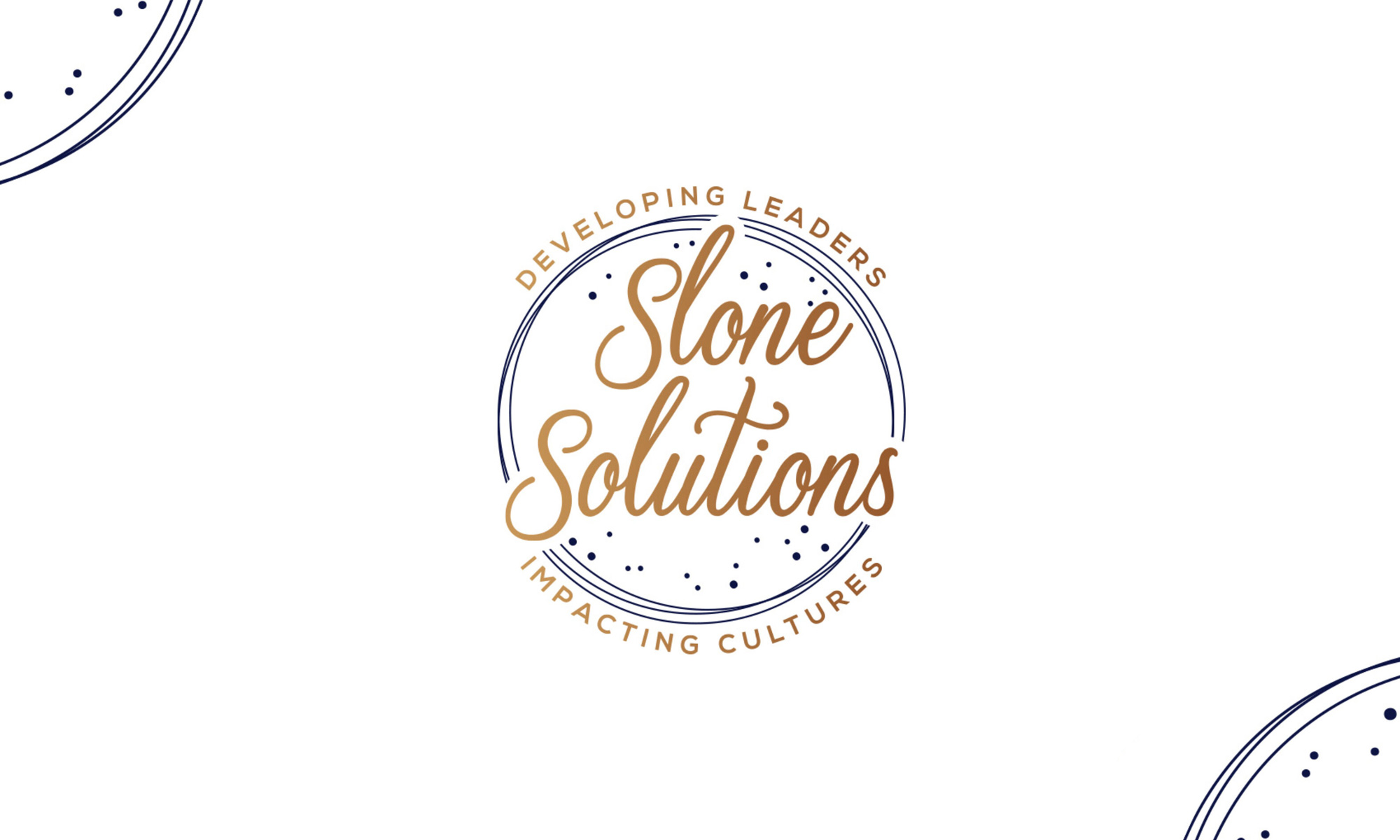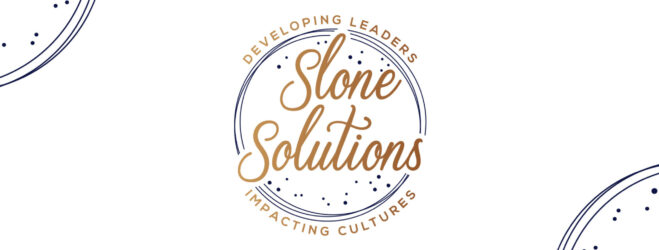 While traveling and going through airport security, I watched a mom and daughter interaction. Visibly setting the stage: a frantic mom was clearly frazzled by her three-year old’s attachment to her baby blanket while attempting to go through TSA pre-check.
While traveling and going through airport security, I watched a mom and daughter interaction. Visibly setting the stage: a frantic mom was clearly frazzled by her three-year old’s attachment to her baby blanket while attempting to go through TSA pre-check.
Traveling by plane can be cumbersome. Once viewed a grand experience. Now a dreaded, line-filled, ever-waiting, unpleasant means to get from point A to point B with both rude and helpful staff, often grouchy passengers, lost bags, bags that won’t stuff into overheard bins, terrible smells in airports, planes, delayed flights. The list can go on and on.
When one travels frequently enough, the TSA pre-check line becomes a blessing. It expedites one through security without removing shoes, taking computer bags out of cases, or placing travel liquids and toiletries on display. The need for security bins is removed because your bags and briefcases are scanned as a whole. The flow of the line can be smooth. It operates like clockwork.
On occasion you’ll see the traveler who has TSA pre-check who’s unfamiliar with the process. The shoes beep or a belt causes a traveler to go in and out of the scanner. And in these moments, there are fleeting thoughts and judgements from other travelers thinking, “Hurry up already. You’ve stopped the flow of the line.”
I’m not completely certain what the hurry actually is, as most people go through security to then saunter off for beverages and snacks, bathroom breaks or on a very, very rare occasion; break into a full-on running sprint for a departing flight. Yet the majority of the time, TSA pre-check becomes an underappreciated privilege and convenience for expediting one through airport security.
On this particular travel day, I see a mom traveling casually with her three-year-old daughter. That vision in itself could trigger stress for any parent. The TSA line was moving smoothly. Travelers zipping satchels and briefcases and, placing phones in computer bags to quickly go through the x-ray machine. The mom placed their carryon luggage on the belt and turned to find her child clinging, clinging to her baby blanket. When the mother advised that the blanket had to be screened, the child clung to it for dear life, holding it close to her chest as she pleaded, shaking her head adamantly, “No mommy, no!”
This interaction continued for moments, but to the mom must have felt like days. The TSA line stopped. The mother was visibly flushed, and she cast frantic eye movements back and forth to catch any judging looks from passengers stalled in the line. The child protested again, and the mother bent down to her daughter’s eye level and said, “You are making us late and people are staring.” She actually spoke her stressed thoughts. She continued, “and we cannot go on the plane unless they screen your blanket.”
I marveled at this moment. I was emotionally captivated and felt empathy for this mom and charming little girl. Baffled that the TSA agents wouldn’t let this child walk through the x-ray machine with the blanket in tow. I mean come on, who can’t relate to a favorite blanket or stuffed animal from childhood? Clearly the child and the mother were not a domestic threat. The mom was so flushed and frantic. I wondered why the mom didn’t create a story for the child like: “Your blanket has a special mission and it needs to go through the machine to make certain our plane is on time.”
And, I so badly wanted to interject and tell the mom, “Hey, no one is judging you. Take your time. And mom, traveling solo with your three-year-old, you’re doing a great job.” (Those comments shared after we passed through security ;o)
Yet in this moment, I realized that when we are emotionally stressed, and laser focused on the experience at hand, our clear thinking can become muted, clouded; a downward spiral of negative thoughts. We can think and imagine the worst. Even speak our fears out loud for others to hear, “people are staring.” Isn’t that crazy? That in moments of stress & worry we can easily conjure the very worst thing that can happen in a moment? We can envision catastrophes, build emotions, conflict and dialogue with people we don’t know, project self-judgment that doesn’t exist, create obstacles to solutions, and impart additional stress and worry to situations all in our head.
There are lots of reasons for this. There are endless psychological studies that showcase how our brains are wired for fight or flight. There are studies on how when we have a thought or a doubt that our mind can trick us into the safe choice for survival. For the brevity of blog’s sake, we won’t go into detail, but there’s also an even more intriguing element called the Spotlight Effect which is the feeling of being noticed more than you really are. In our moments of stress and worry, we project what we think others are thinking and experiencing on ourselves in these moments too.
So, on some levels, it’s cool that our brains are looking out for us, but why does it need to find only the negative pieces? Ok, the survival thing, I get it. But it’s when we step back and take a breath, that we can find clarity, the ability to laugh at ourselves, see the humor in the situation, the courage to speak up, to provide the compliment, or just embrace the moment.
If the mom had taken a moment, taken a deep breath and looked around, I think she would have seen a multitude of empathetic eyes and appreciation for a child’s attachment to a blanket. Our self judgements can hold us back or propel us forward. Recognize those self-inflicting judgements and look around. Give eye contact and smile. You’re likely to find a line of TSA travelers smiling with encouragement.


Very Well done. I love the concept. Keep your great writing coming. I enjoy the posts.